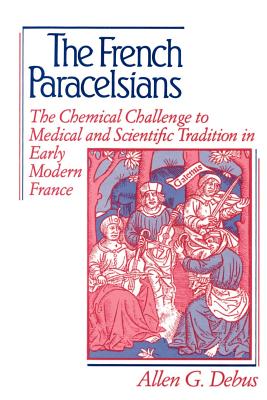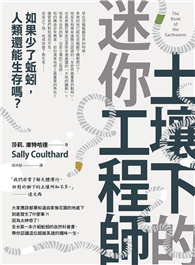The far-reaching debates arising from the development of chemistry and its application to medicine during the sixteenth and seventeenth centuries are the subjects of this book. Shortly after the medical authority of Galen had been reestablished in the Renaissance, the Swiss-German firebrand, Paracelsus, proposed a new approach to natural philosophy and medicine utilizing chemistry. The resulting arguments between Paracelsians and Galenists lasted for more than a century and affected the medical establishments of every European country. In France, the confrontation was particularly bitter, with the Medical Faculty in Paris determined to block the introduction of chemistry to medicine in any field. The author discusses these issues not only with respect to pharmaceutical chemistry and the chemical cosmology of the Paracelsians, but also the development of chemical physiology and its struggle with the brand of medicine influenced by the mechanical philosophy of the seventeenth century. The academic acceptance of chemistry is revealed, and the triumph of the mechanists in the scientific academies is shown to have been only partial at best, because the learned journals of the early eighteenth century continued to review large numbers of books inspired by medical chemistry. This persistent interest in medical chemistry is shown to be significant to the Chemical Revolution and an aspect of the Scientific Revolution that deserves recognition by historians.
| FindBook |
有 1 項符合
The French Paracelsians: The Chemical Challenge to Medical and Scientific Tradition in Early Modern France的圖書 |
 |
The French Paracelsians: The Chemical Challenge to Medical and Scientific Tradition in Early Modern France 作者:Debus 出版社:Cambridge University Press 出版日期:2002-08-15 語言:英文 規格:平裝 / 268頁 / 22.9 x 15.2 x 1.8 cm / 普通級 |
| 圖書館借閱 |
| 國家圖書館 | 全國圖書書目資訊網 | 國立公共資訊圖書館 | 電子書服務平台 | MetaCat 跨館整合查詢 |
| 臺北市立圖書館 | 新北市立圖書館 | 基隆市公共圖書館 | 桃園市立圖書館 | 新竹縣公共圖書館 |
| 苗栗縣立圖書館 | 臺中市立圖書館 | 彰化縣公共圖書館 | 南投縣文化局 | 雲林縣公共圖書館 |
| 嘉義縣圖書館 | 臺南市立圖書館 | 高雄市立圖書館 | 屏東縣公共圖書館 | 宜蘭縣公共圖書館 |
| 花蓮縣文化局 | 臺東縣文化處 |
|
|
圖書介紹 - 資料來源:博客來 評分:
圖書名稱:The French Paracelsians: The Chemical Challenge to Medical and Scientific Tradition in Early Modern France
|











